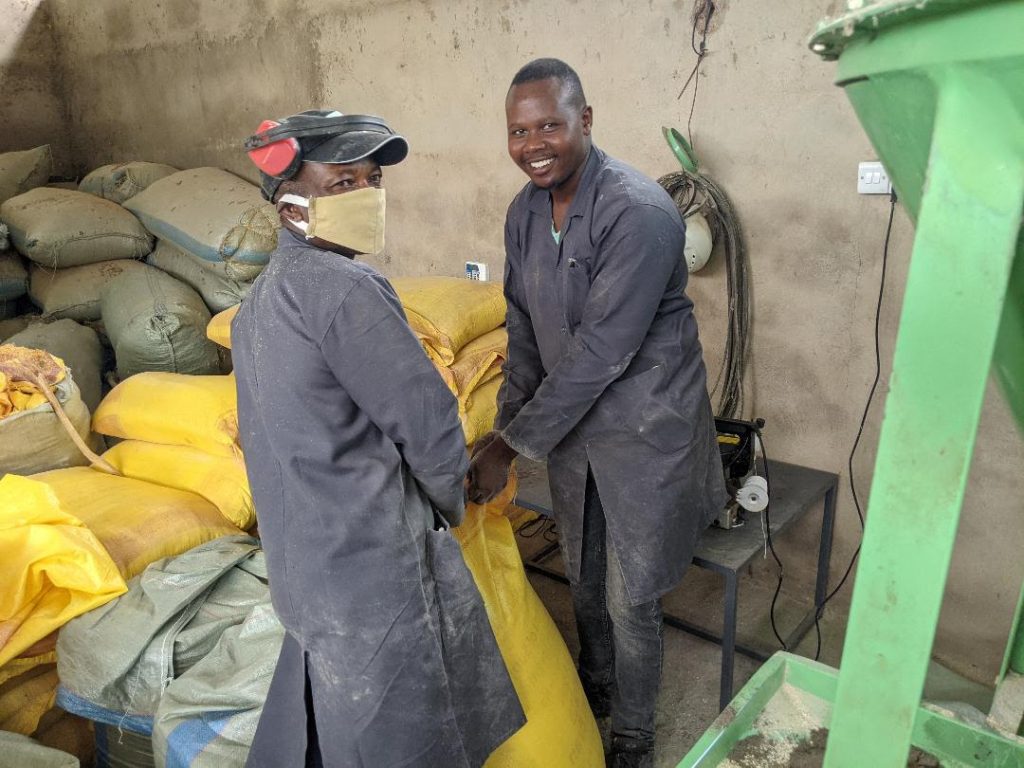Can a rain-based, livestock-based economy survive when changing climate means the traditional livestock practices won’t work anymore?
Indigenous communities are held in high regard for their understanding of the nature in which they live they. However, when nature changes, what is to be done?
We must not hesitate to share experience and ideas related to the changing climate with the community. It is important to lend our aid to help them attain the imagination and freedom of action they need to adapt fast enough and well enough to preserve their society.
The Nature Conservancy (TNC) like us, is helping the Maasai herders broaden their range of actions. This means moving towards an increasingly business-like approach to their cattle practice. The TNC has invited us to enter into a new contract for the following:
The International Collaborative will mount a three-day training workshop with 60 herders from the Rift Valley. The initial focus is the introduction to climate change, its causes, and the imperative of adaptation.
Government officials responsible for livestock in the Maasai area, along with members of the scientific community will also address the group. Fellow herders who are already introducing climate adaptive practices will share their experience.
A tour of the International Collaborative Cow Fodder Factory is part of the workshop. Participants can observe the manufacture and distribution of nutritious, high-quality supplementary food derived at a low cost from industrial waste.
For the second half of the training, participating herders will select 100 of their cows. The International Collaborative Manyara Feedlot will keep them for 90 days. Watered, fed, and given moderate exercise, we can demonstrate that the value of the livestock can be maintained, and even increased during dry periods.
This depends on handling them in ways that go beyond traditional practices. These have always included walking the animals long distances for grass and water, even in drought. This has always substantially decreased their weight and market value.
We designed the workshop to help traditional pastoralists see directly that they have to be flexible and creative in the face of rising temperatures and changing rain patterns.
We appreciate the efforts and contributions of all who are making this possible.




 International Collaborative for Science, Education, and the Environment
International Collaborative for Science, Education, and the Environment